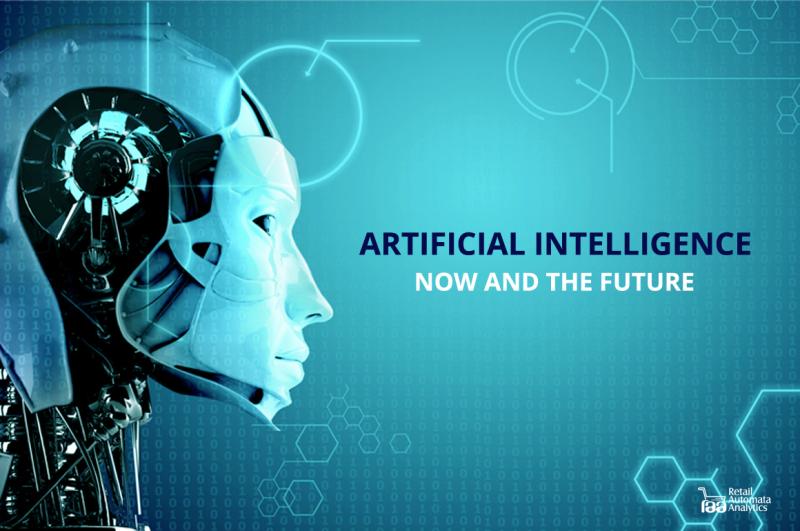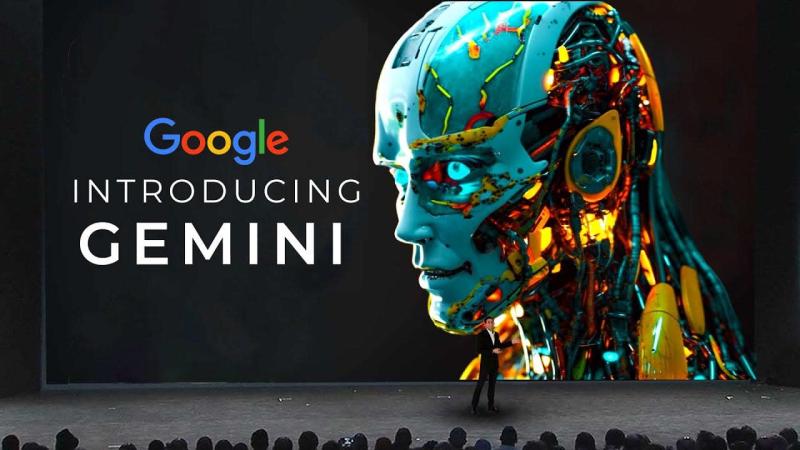Ethics and Responsible AI Development

**The Future of AI: Interdisciplinary Models**
Artificial intelligence (AI) is rapidly transforming how we interact with technology, solve complex problems, and live our daily lives. As AI continues to advance, the future of the field lies increasingly in **interdisciplinary models**—approaches that blend insights and methodologies from various domains to create systems capable of tackling real-world challenges in a more holistic way. This new wave of AI promises to address some of the key limitations of current models, unlocking opportunities for more robust, adaptable, and human-centered AI technologies.
### 1. **The Rise of Interdisciplinary AI**
Traditionally, AI research has been rooted in computer science and mathematics, but the complexity of real-world problems demands a broader approach. The next phase of AI evolution will be defined by **interdisciplinary collaboration**—merging insights from fields such as biology, psychology, sociology, economics, and ethics. This synthesis of disciplines has the potential to create AI models that are more nuanced, effective, and aligned with human needs.
For instance, incorporating insights from **cognitive psychology** into AI development helps create models that better understand human behavior and decision-making. Integrating concepts from **neuroscience** can lead to AI systems that mimic how the human brain processes information, resulting in more sophisticated and adaptable learning algorithms. Meanwhile, blending AI with **sociology** allows for a deeper understanding of social dynamics, making AI systems more aware of the cultural context in which they operate.
### 2. **Tackling Complex Challenges**
One of the main benefits of interdisciplinary AI models is their ability to tackle **complex, multifaceted challenges** that cannot be solved by a single discipline alone. Problems like climate change, public health crises, and economic inequality involve numerous variables and require a deep understanding of human behavior, societal structures, and environmental factors.
For example, **climate modeling** benefits from combining AI with environmental science, economics, and behavioral psychology to understand not only the physical aspects of climate change but also the economic and social incentives that drive human behavior. AI models that draw on these interdisciplinary insights can predict outcomes more accurately and recommend actionable, context-specific interventions.
In healthcare, interdisciplinary AI is being used to improve **personalized medicine**. By combining medical data, genetic information, and insights from behavioral science, AI systems can recommend personalized treatment plans that take into account both biological and psychological factors. This holistic approach increases the likelihood of successful patient outcomes and reduces potential risks associated with one-size-fits-all treatment strategies.
### 3. **Improving Human-AI Interaction**
One of the key challenges in AI development is creating systems that can effectively interact with humans. Traditional AI models, which often lack empathy and an understanding of human emotion, can struggle to engage with people in meaningful ways. Interdisciplinary models address this by incorporating insights from **social sciences** and **linguistics** to make AI systems more adept at understanding and responding to human needs.
For instance, the integration of **emotional intelligence** into AI systems allows them to interpret and respond to human emotions more effectively. This can lead to more natural interactions between humans and machines, which is especially important in applications like customer service, mental health support, and education. By building AI systems that are more attuned to human behavior and emotions, interdisciplinary models pave the way for a future where AI is not just a tool but a collaborator that enhances human experiences.
### 4. **Ethics and Responsible AI Development**
As AI becomes more powerful, there are growing concerns about its impact on society. Issues like **bias, privacy, and fairness** are at the forefront of discussions about AI ethics. Interdisciplinary models are critical for addressing these concerns because they incorporate ethical principles from fields such as philosophy, law, and social sciences.
For example, by collaborating with ethicists and social scientists, AI developers can create systems that are more transparent, accountable, and fair. This interdisciplinary approach helps identify and mitigate potential biases in AI algorithms, ensuring that AI technologies are inclusive and beneficial for all users, regardless of their background. Incorporating ethical considerations into AI development is crucial for building public trust and ensuring that AI systems contribute positively to society.
### 5. **The Future of AI Research and Development**
The future of AI research will require collaboration across different fields to create more adaptable, resilient, and human-centered models. This shift towards interdisciplinary AI is already taking place in universities, research institutions, and the private sector. Initiatives like **AI for Good** are bringing together experts from diverse fields to work on AI solutions for global challenges, such as poverty, healthcare access, and sustainable development.
Moreover, interdisciplinary AI research will benefit from advancements in other fields, such as **quantum computing** and **biotechnology**, leading to breakthroughs that are currently unimaginable. The integration of these technologies with AI has the potential to revolutionize industries ranging from drug discovery to logistics and supply chain management.
### Conclusion
The future of AI lies in **interdisciplinary models** that bring together insights from multiple fields to create systems capable of understanding and addressing complex, real-world challenges. By blending knowledge from fields like psychology, sociology, ethics, and biology, AI developers can create more sophisticated, human-centered technologies that improve human-AI interactions, tackle multifaceted problems, and ensure responsible AI development.
As we move into this new era of AI, embracing an interdisciplinary approach will be essential for realizing the full potential of artificial intelligence and ensuring that its benefits are shared across society. The future of AI is not just about building smarter machines; it is about creating a future where AI collaborates with humans to solve the challenges that matter most.









Comments